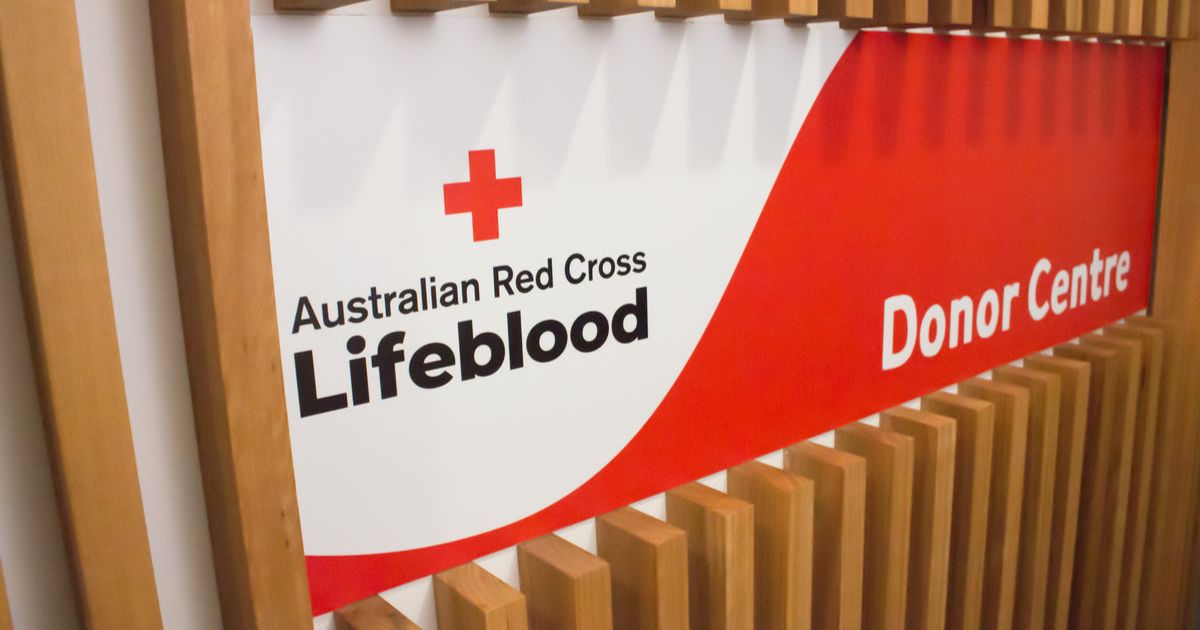Event shines light on cross-cultural issues

Moving: Vitor Rocha, Aisya Zaharin, Manu Kailom, Alushka Rajaram, and Maria Pallotta-Chiarolli shared personal stories at a recent Pride Fest event. Photo: SOPHIE FOUNÉ
SPEAKERS at a Bendigo Pride Fest event have shone a light on their experiences of sexual, cultural, and religious discrimination and marginalisation.
The session included multicultural, multi-faith stories, poetry and readings at the La Trobe Art Institute and brought together a group of LGBTQIA+ individuals from around Australia to share their experiences last Sunday.
According to the Australian Human Rights Commission, people who identify with several minority groups, such as LGBTQIA+, First Nations, immigrants, women, the elderly, and others are especially vulnerable to overlapping forms of discrimination; a concept referred to as intersectionality.
Aisya Zaharin, a PhD student at the University of Queensland, shared her story of not feeling accepted by her religious community because of her gender, and questioned her own internalised beliefs on gendered behaviours.
“Why it’s problematic, is that when you try to pass as a woman you actually open to certain societal beauty standards, and in the end, it can be discriminatory against people who cannot pass,” she said.
“On a general level, I expect people to understand the concept of intersectionality.
“I would like to explain that the concept of privilege is not something about what you have to go through, it’s about what you never have to go through.”
Medical GP Dr Vitor Rocha emphasised the need for increased multicultural awareness in communities.
“Language defines culture, language defines cultural behaviour, language also defines people,” he said.
“Decolonising words is extremely important. Cultural knowledge has the same importance as any other form of education.”
Dr Rocha also said healthcare workers need better training on intersectionality and how to work with LGBTQIA+ individuals specifically.
“It’s the role of health promotion and public health organisations who are federally funded to ensure compliance and training is happening,” he said.


















